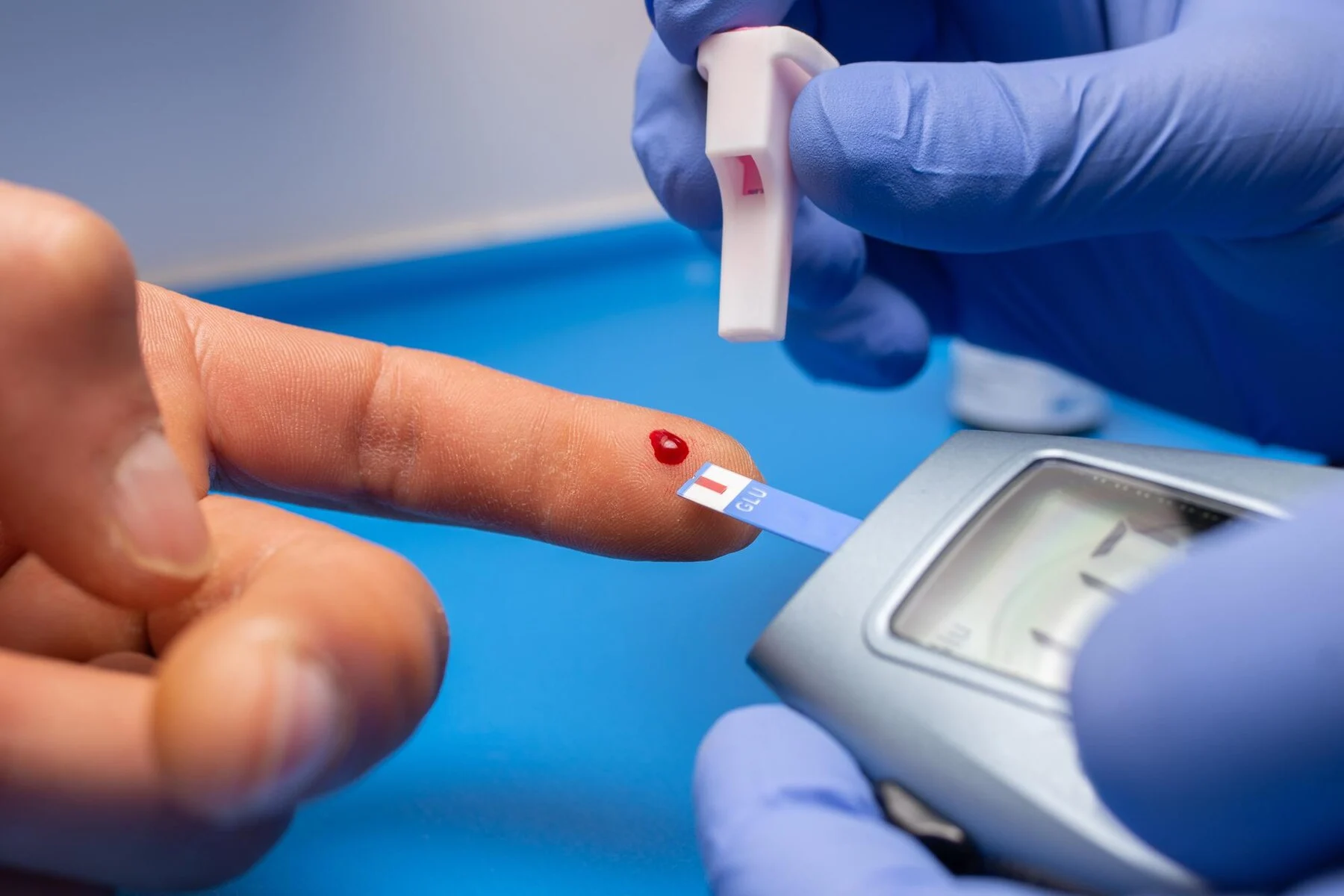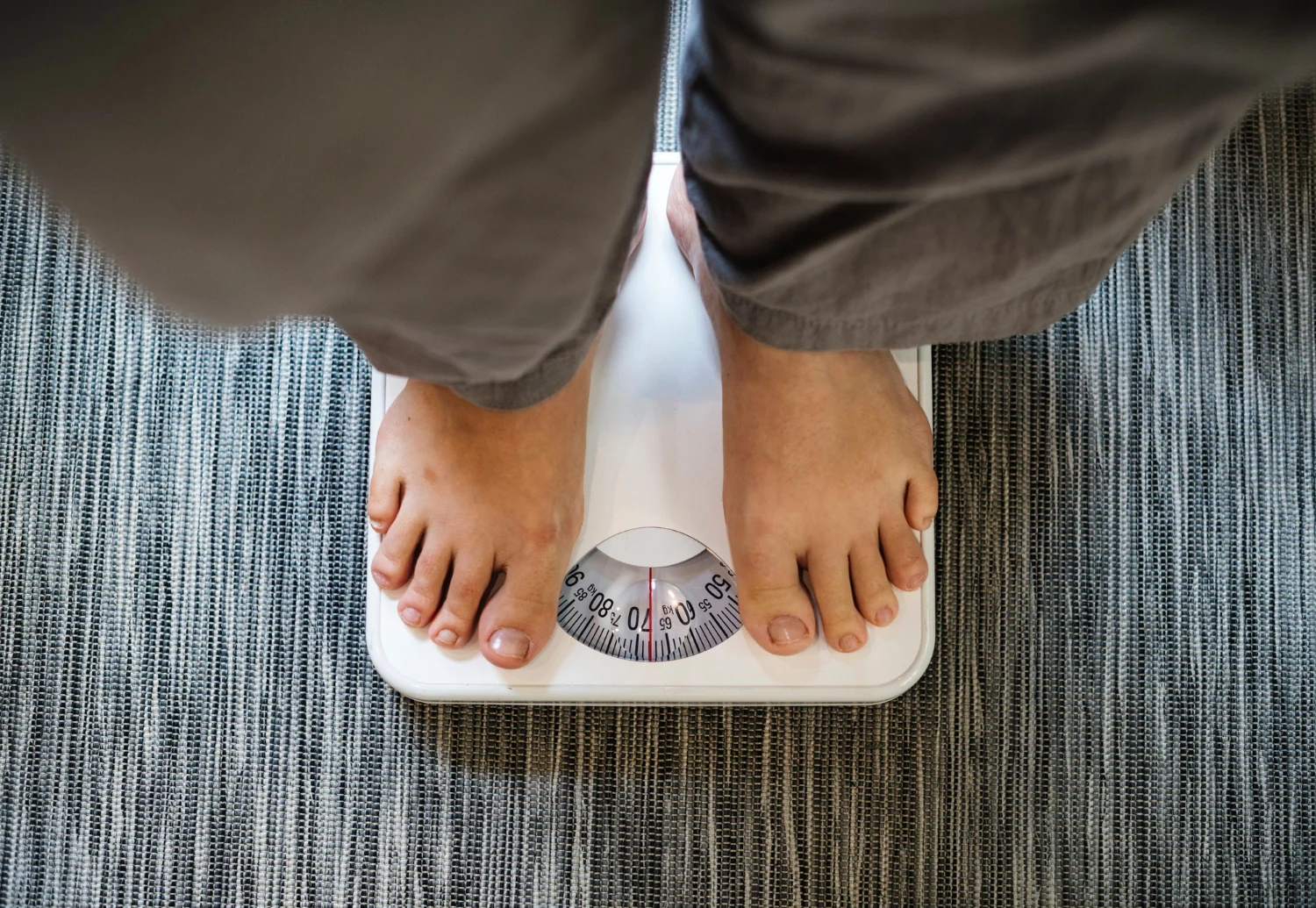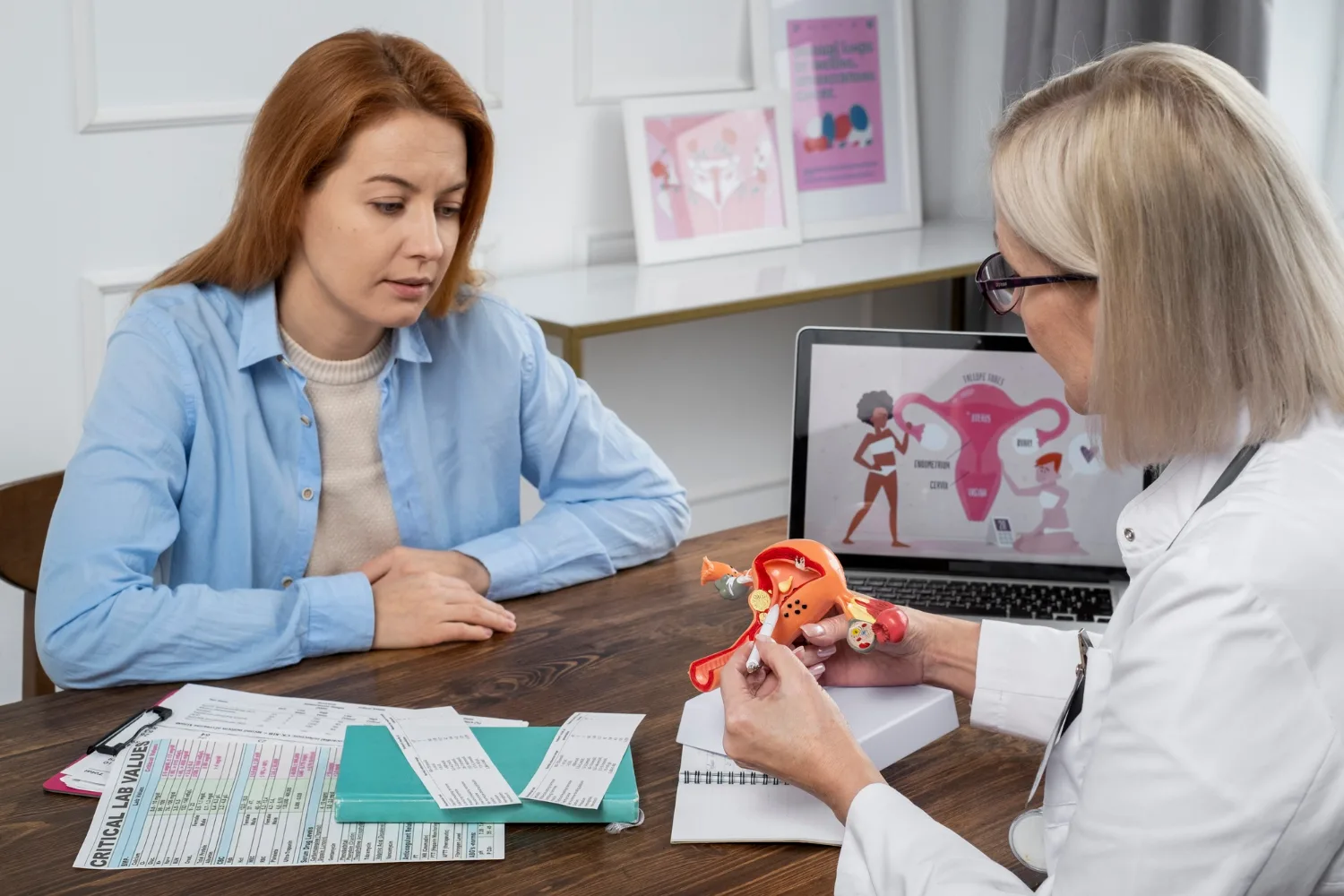Maintaining Healthy Hemoglobin Levels During Pregnancy: A Complete Guide
Category: Gynecology & Women’s Health
Pregnancy is a transformative journey, both emotionally and physically. As an expecting mother, ensuring your body gets the necessary nutrients is crucial for both your well-being and your baby’s development. One of the most essential components of a healthy pregnancy is maintaining optimal hemoglobin levels—a protein in red blood cells that carries oxygen to the body's tissues.
Low hemoglobin levels can lead to anemia, causing fatigue, dizziness, and complications during delivery. In this comprehensive guide, we’ll explore the importance of hemoglobin, the causes of low levels during pregnancy, and practical ways to maintain a healthy balance.
Why Is Hemoglobin Important During Pregnancy?
Hemoglobin plays a vital role in carrying oxygen to every part of your body. During pregnancy, your blood volume increases significantly to support the growing baby, meaning your body requires more hemoglobin to transport oxygen efficiently.
Optimal hemoglobin levels help in:
- Preventing Anemia: Low levels can lead to iron-deficiency anemia, affecting both mother and baby.
- Ensuring Healthy Fetal Growth: Oxygen supply is crucial for fetal development.
- Reducing Fatigue and Weakness: Proper hemoglobin levels prevent excessive tiredness.
- Supporting a Healthy Delivery: Balanced hemoglobin helps in preventing complications such as preterm birth and low birth weight.
What Causes Low Hemoglobin Levels in Pregnancy?
Several factors contribute to low hemoglobin levels during pregnancy, including:
- Increased Blood Volume: During pregnancy, blood volume expands by nearly 50%, diluting hemoglobin levels.
- Iron Deficiency: The body requires extra iron to support both the mother and the developing fetus. A diet low in iron can lead to deficiency.
- Folic Acid Deficiency: Folic acid is essential for red blood cell formation. Low levels can lead to anemia.
- Vitamin B12 Deficiency: Vitamin B12 is necessary for red blood cell production, and its deficiency can contribute to anemia.
- Poor Dietary Habits: Lack of a well-balanced diet rich in essential nutrients can cause hemoglobin levels to drop.
How to Maintain Healthy Hemoglobin Levels During Pregnancy
Maintaining optimal hemoglobin levels requires a combination of proper nutrition, supplementation, and lifestyle changes. Here’s what you can do:
1. Include Iron-Rich Foods in Your Diet
Iron is a key component of hemoglobin. Adding iron-rich foods to your daily meals can prevent deficiency. Some excellent sources include:
- Leafy greens like spinach, kale, and fenugreek
- Lean meats such as chicken, fish, and beef
- Lentils, beans, and chickpeas
- Nuts and seeds, especially pumpkin and flaxseeds
- Iron-fortified cereals and whole grains
2. Enhance Iron Absorption with Vitamin C
Vitamin C helps the body absorb iron efficiently. Pair iron-rich foods with sources of vitamin C such as:
- Oranges
- Strawberries
- Tomatoes
- Broccoli
3. Take Prenatal Supplements
Doctors often recommend prenatal vitamins that include iron, folic acid, and vitamin B12. These supplements ensure that both you and your baby get essential nutrients. Always consult your doctor before taking any supplements.
4. Consume Folic Acid-Rich Foods
Folic acid is necessary for red blood cell formation. Some great dietary sources include:
- Green leafy vegetables
- Eggs
- Fortified cereals
- Peanuts
5. Stay Hydrated
Water is essential for maintaining blood volume and ensuring smooth circulation of hemoglobin-rich red blood cells. Aim to drink at least 8-10 glasses of water daily.
6. Avoid Excess Caffeine
Caffeine can inhibit iron absorption. Try to limit coffee, tea, and carbonated drinks, especially after meals.
7. Regular Health Check-Ups
Regular blood tests can help monitor hemoglobin levels throughout pregnancy. If your levels are consistently low, your doctor may recommend iron injections or alternative treatments.
Symptoms of Low Hemoglobin in Pregnancy
It’s important to recognize early signs of low hemoglobin levels to take prompt action. Common symptoms include:
- Extreme fatigue
- Dizziness or lightheadedness
- Pale skin and lips
- Shortness of breath
- Frequent headaches
- Rapid heartbeat
If you experience any of these symptoms, consult your doctor immediately for evaluation and treatment.
When to Seek Medical Help?
If your hemoglobin levels drop significantly, your doctor may recommend iron therapy, blood transfusions, or additional medical interventions to restore healthy levels. Seeking medical attention at the right time can prevent complications.
Final Thoughts
Maintaining healthy hemoglobin levels is crucial for a smooth pregnancy and a healthy baby. By incorporating iron-rich foods, staying hydrated, and following medical advice, you can prevent anemia and ensure a stress-free pregnancy journey. Regular check-ups and a balanced diet will keep you and your baby safe.
For expert maternity care and personalized medical guidance, visit Lokmanya Hospitals today!
FAQs
1). What is the ideal hemoglobin level during pregnancy?
The normal hemoglobin range during pregnancy is 11-14 g/dL. Anything below 11 g/dL may indicate anemia, requiring medical attention.
2). Can low hemoglobin levels harm my baby?
Yes, severe anemia can lead to low birth weight, premature birth, and developmental issues. It’s essential to manage hemoglobin levels through proper diet and supplementation.
3). Can I increase my hemoglobin levels naturally?
Yes! Eating iron-rich foods, taking vitamin C for better absorption, staying hydrated, and following a nutrient-rich diet can help increase hemoglobin naturally.
4). How often should I check my hemoglobin levels during pregnancy?
Doctors usually check hemoglobin levels during the first prenatal visit, in the second trimester, and again in the third trimester. However, if you have a history of anemia, more frequent tests may be required.
5). Is iron supplementation safe during pregnancy?
Yes, iron supplements are generally safe when prescribed by your doctor. However, excessive intake can cause side effects like constipation and nausea. Always follow your doctor’s dosage instructions.
6). What should I do if I have severe anemia during pregnancy?
If anemia is severe, your doctor may recommend iron infusions, blood transfusions, or dietary modifications to restore healthy hemoglobin levels. Seeking timely medical advice is crucial.







